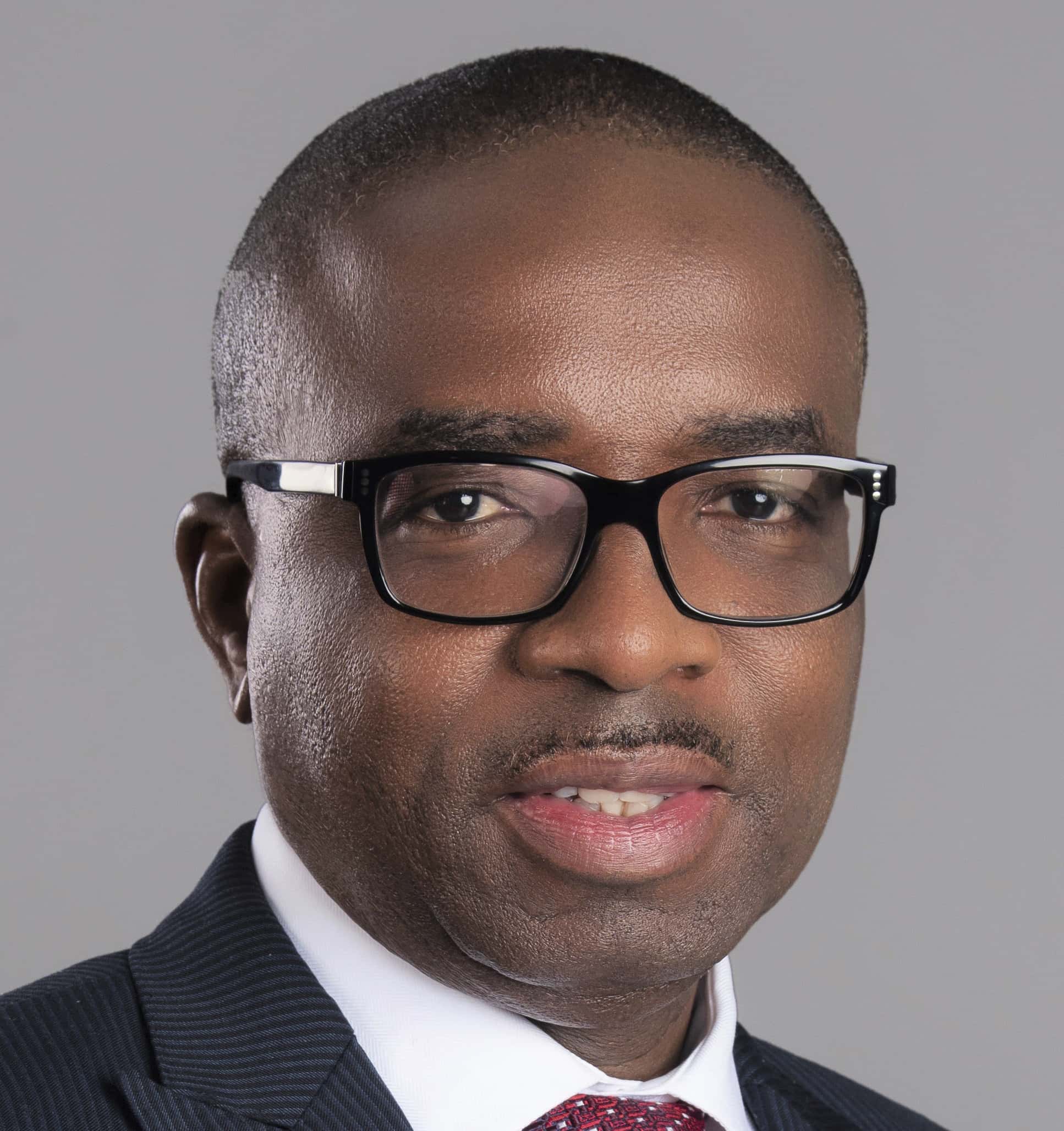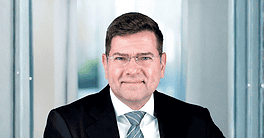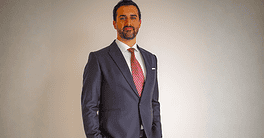Ebenezer Onyeagwu, CEO of Zenith Bank, shares thoughts on the bank’s strategy to maintain its dominance in the Nigerian market while exploring opportunities beyond.

Global Finance: How is Zenith Bank pursuing growth in the immediate future?
Ebenezer Onyeagwu: Our primary income sources, interest and noninterest, have been growing steadily. In the immediate term, the bank intends to expand its loan book by targeting thriving sectors of the economy and expanding its deposit base. Last year, our loan book grew by 5% to $8.7 billion. As of June 30, 2022, total deposits stood at $17 billion. The bank is also investing in technology to increase earnings from noninterest income, particularly fees from electronic transactions. In the period to June 30, 2022, fee and commission income grew by 26% to $186.7 million. We intend to ramp up the volume on electronic platforms through increased customer acquisitions and transactions. Growth will be sustained as the ongoing digital transformation projects come alive.
GF: What is Zenith doing to help Nigeria diversify its economic base away from oil dependence?
Onyeagwu: Zenith strongly believes in Nigeria’s non-oil export potential. The bank is identifying emerging opportunities to stimulate non-oil exports and develop robust financial products and incentives for operators. Most importantly, we are steadfast in our advocacy for non-oil exports through our annual Zenith Bank Export Seminar, a flagship platform for canvassing and initiating trade policies. Beyond advocacy, the bank has non-oil export financing schemes, including schemes for small and medium-size enterprises (SMEs).
GF: How important for Zenith is digital transformation?
Onyeagwu: Zenith blazed the trail in digital banking in Nigeria, scoring several firsts in information and communication technology infrastructure and solutions to create innovative products. The bank continues to deploy game-changing and emerging technologies to transform customer experience while delivering value securely. We are deploying innovations like robotic process automation and artificial intelligence, and we are leveraging blockchain, to offer cutting-edge services. Our strategy aims to improve customer experience and retention, increase business agility and innovation, improve work culture and employee experience, and reduce operational costs while improving cost savings and revenue growth.
GF: How big is the SME market, and what is Zenith doing to tap this market?
Onyeagwu: SMEs are a vast market niche in Nigeria. There are over 41.5 million SMEs constituting approximately 96% of businesses, contributing 48% of gross domestic product and 84% of total employment. SMEs have significant untapped growth potential. Zenith has a strong, established heritage and values that we employ to build and attract SMEs, based on clear value propositions and offerings. Financing is a significant challenge that prevents SMEs’ growth. We have developed innovative products to address this challenge. About 20% ($1.3 billion) of our loan portfolio is channeled to the SME segment. We also have partnerships that enable us to provide single-digit interest rate loans to SMEs and help them build capacity and deepen their knowledge. Additionally, we have rolled out a female entrepreneur product, Z-Woman, specifically tailored to support female entrepreneurs. Over $11.8 million has been disbursed to women-owned businesses, and we intend to scale this substantially.
GF: What is Zenith doing to grow its regional presence?
Onyeagwu: The population of West Africa is above 400 million and will exceed 530 million by 2030, with about 60% within the youth bracket. This means the potential is enormous for the finance industry. The bank is expanding into other African regions as well as the European and Asian continents, while consolidating its position in Nigeria. In Ghana, Sierra Leone and the Gambia, the bank expanded its reach from single-office locations to 44 branches, with plans to open more as resources and business opportunities arise. The bank is not restricted to West Africa. Whenever there is a compelling opportunity in other jurisdictions, the bank will not hesitate to consider it.
GF: Describe Zenith’s sustainability strategy.
Onyeagwu: Zenith subscribes to the principle of the Triple Bottom Line: People, Planet and Profit. We strongly believe businesses should strive to deliver positive social, environmental and economic impact. Various international and domestic sustainability frameworks guide our strategy. Our credit and investments are screened for environmental and social [E&S] risks. Last year, about 92% of total credit transactions valued at over $22.6 billion were screened and assessed for E&S risks. We envisage covering up to 100% of our credit transactions by 2025 while improving E&S monitoring of existing credit projects.



